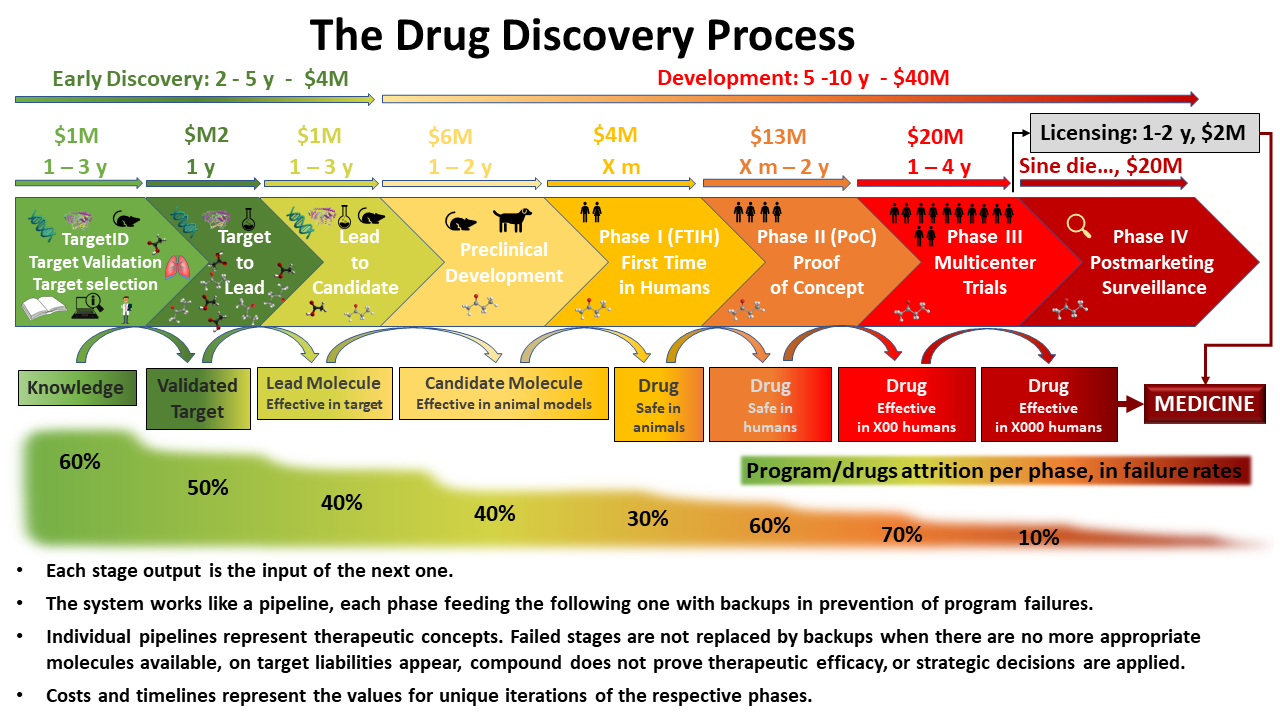Any career, regardless of whether it is more of a practical and hands-on role or else a more academic and studious one, requires a separate set of skills, knowledge bases, and in the vast majority of cases, relevant experiences. For any budding scientists interested in drug development, this article is here to provide helpful advice on the skillset you need. Drug development, research, and discovery is a specific scientific field that demands specific and entirely mandatory skills and pools of experience and knowledge, and with this in mind, here are six of the most necessary.
1. An Independent Thinker
First and foremost, it stands to reason that anyone working in the field of drug development and discovery will be part of a tightly-knit and consummately professional team, but having said that, it is absolutely essential to also be a competent, independent thinker.
From attending networking events in the specialist field of drug discovery and making connections and useful contacts to understanding the different perspectives associated with the procedures and practices involved, widening your mind and expanding your views will always result in a more determined and independent outlook.
2. Mathematics Skills
Math and science have always walked together hand in hand, and as such, there is frankly little to no point in pursuing a career in drug technologies if your mathematics skills are somewhat lacking. In particular, an in-depth knowledge of mathematics and further math will be of invaluable use when working on collating, organizing, analyzing, and drawing successful results from graphs, tables, and other medical findings.
3. Incredible Attention to Detail
Another overarchingly crucial skill for anyone wanting to move into the field of drug discovery and development is an exceptional level of attention to detail. Fortunately, there are a number of ways in which you can improve your own attention to detail, which include the following:
- Practice active listening
- Consider your words before you speak them
- Practice awareness on a meta-level
- Avoid multitasking
- Slow down your activity
4. A High Command of the English Language
For those who, at this stage, are merely considering a career in drug development, when researching the field, it can be somewhat bamboozling with just the medical terminology, such as the MIA PaCa-2 pancreatic tumor model, at least. This is why an exceedingly high hold and understanding of language and, more specifically, knowledge of medical terms can make a struggling career into a successful one. Fortunately, there are experts out there providing the information you need to uncover what each term means.
5. Patience
The fifth and final most vital prerequisite skill for anyone looking to pursue a long and successful career in scientific discovery is patience. Drug development involves breaking down each variable and, where possible, eradicating said anomaly; this is just one essential component of the discovery process.
Maximizing your reserves of patience at work and in a personal context and the ability to keep a cool and calm head under pressure and in a crisis are essential, so begin by practicing mindfulness, identifying situations that you can feel you are becoming within and crucially, try to identify why you feel that way.
Here are some simple, yet hopefully effective, ways of heightening your aptitude for patience:
- Look for validation and new perspectives from a professional outside of the situation
- Take responsibility when your patience feels frayed, and identify the triggers
- Try and implement a positive attitude to every new task
- Be mindful and respectful of others’ approaches, needs, and styles of working
6. Data Handling
Finally, when focused on a long career in scientific drug development and, of course, depending on the particular field your job role will be centered around, you are likely to be handling a large amount of data and information.
From materials used in interviews and research gleaned from archive sources to statistical evidence and experiments in the laboratory, drug developers work with a vast amount of data and need to be able to collate, organize, and analyze such information.
Planning ahead and logical, methodical organization are by far the cornerstones of good data handling skills, so set yourself the task, as soon as possible, to becoming a well-organized person, both in a professional and a personal context.








